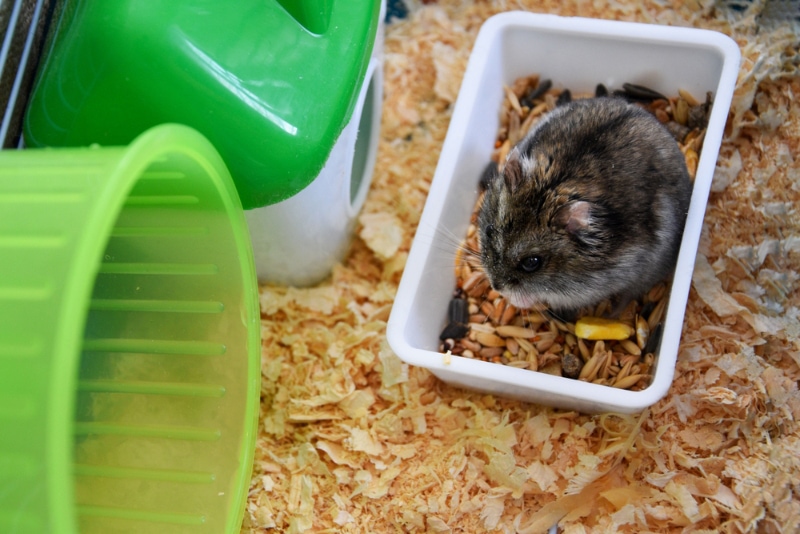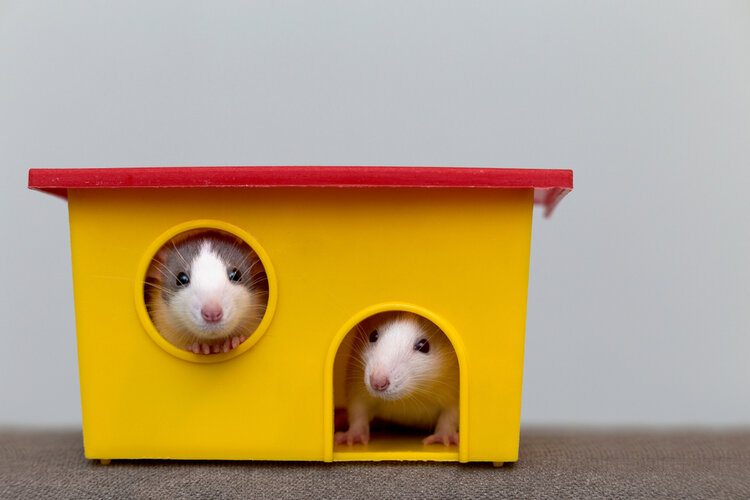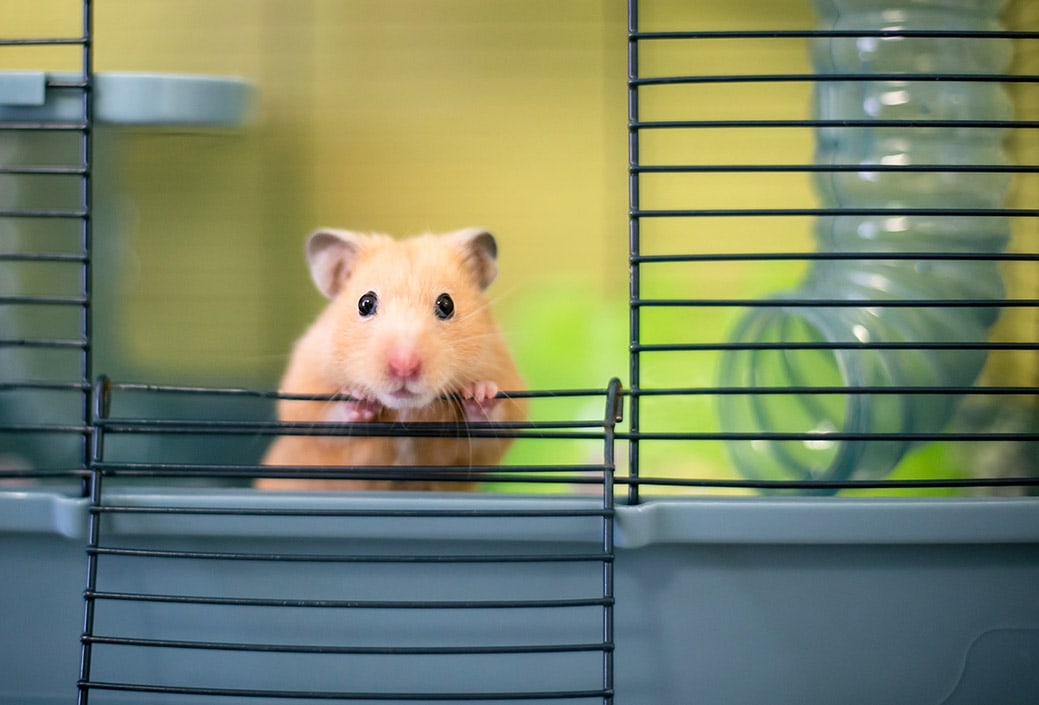
Hamsters are gluttonous furballs that won’t turn up their noses at a crumb of food. So, it’s only natural that you want to share your favorite snack with your chubby-cheeked friend. Plus, isn’t this the perfect opportunity to bond with your spirited little rodent?
Unfortunately, pretzels are not good treats for hamsters. In fact, what makes pretzels so delicious for our taste buds could be disastrous for these little critters.
Let’s take a closer look at why hamsters and pretzels don’t mix.
What Are the Main Ingredients of Pretzels?
Homemade pretzels are typically made from dough that consists of flour, water, yeast, and salt. Variations might include additional flavorings, such as cheese or spices.
Commercial pretzels often contain various preservatives for shelf-life longevity, including salt, vegetable oil, and corn syrup.

Why Should Hamsters Avoid Munching on Pretzels?
Although pretzels are not inherently toxic to hamsters, they have no place in their diet. These rodents have specific dietary needs that must be met to ensure their well-being, and pretzels lack any of those essential nutrients. For example:
Alternatives to Pretzels
While a tiny bite of pretzel is unlikely to wreak havoc on your hamster, it’s better to choose vet-approved treats like:

What’s the Best Diet for Hamsters?
The best diet for hamsters consists of a commercial pelleted rodent mix, a few fresh veggies, and an occasional piece of fruit. Free access to Timothy hay for bedding and to munch on is also a good idea.
Here’s a breakdown of each component of a healthy pelleted rodent diet:
That said, make sure you don’t overfeed your hamster. A good guideline is about 2 tablespoons of pellets and 1 teaspoon of fresh vegetables per day. You can also seek advice from your vet to adjust your hamster’s diet based on their size, age, and overall health.
Also, don’t overdo it with fresh foods. While veggies and fruits can provide variety and nutrients, they must be given in moderation to avoid upsetting your rodent’s delicate digestive system. Diarrhea is a common health issue in hamsters. Introduce new foods slowly, and observe how your hamster reacts to them.
Should I Give Vitamins and Supplements to My Hamster?
No, hamsters do not require extra vitamins when fed a proper diet. A good commercial pelleted rodent food should be nutritionally complete and contain all the vitamins that they need.

Final Thoughts
While it’s tempting to share a pretzel with your little pet, it’s best to hold back. Pretzels themselves aren’t toxic to hamsters, but they offer little nutritional value and can potentially cause digestive issues. Instead, focus on providing your rodent with a high-quality commercial pelleted diet, a few fresh vegetables, and fruits or seeds as occasional treats. Don’t worry, your furry friend won’t hold a grudge against you for not sharing your favorite snack with them!
Featured Image Credit: Pierre Gui, Unsplash










